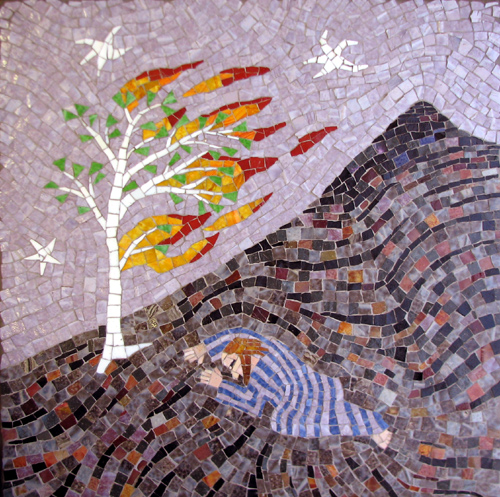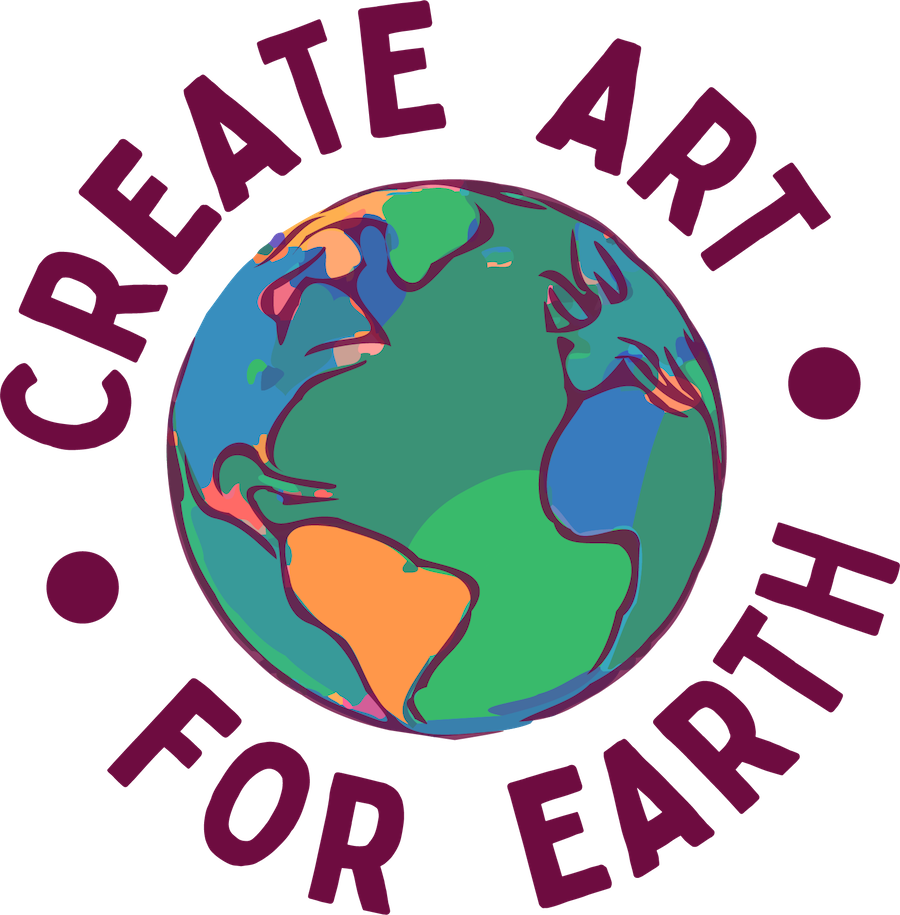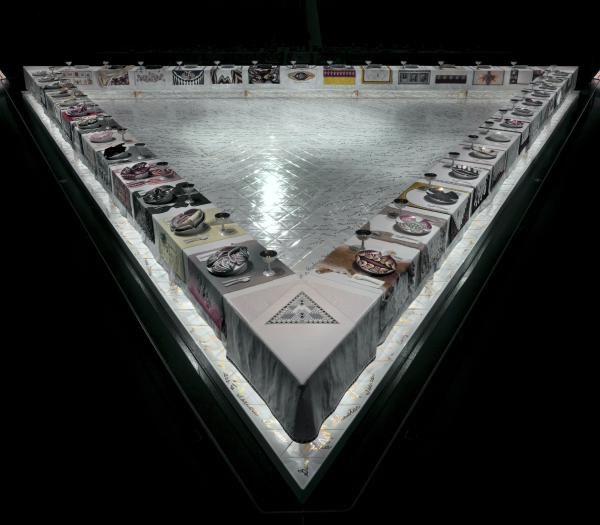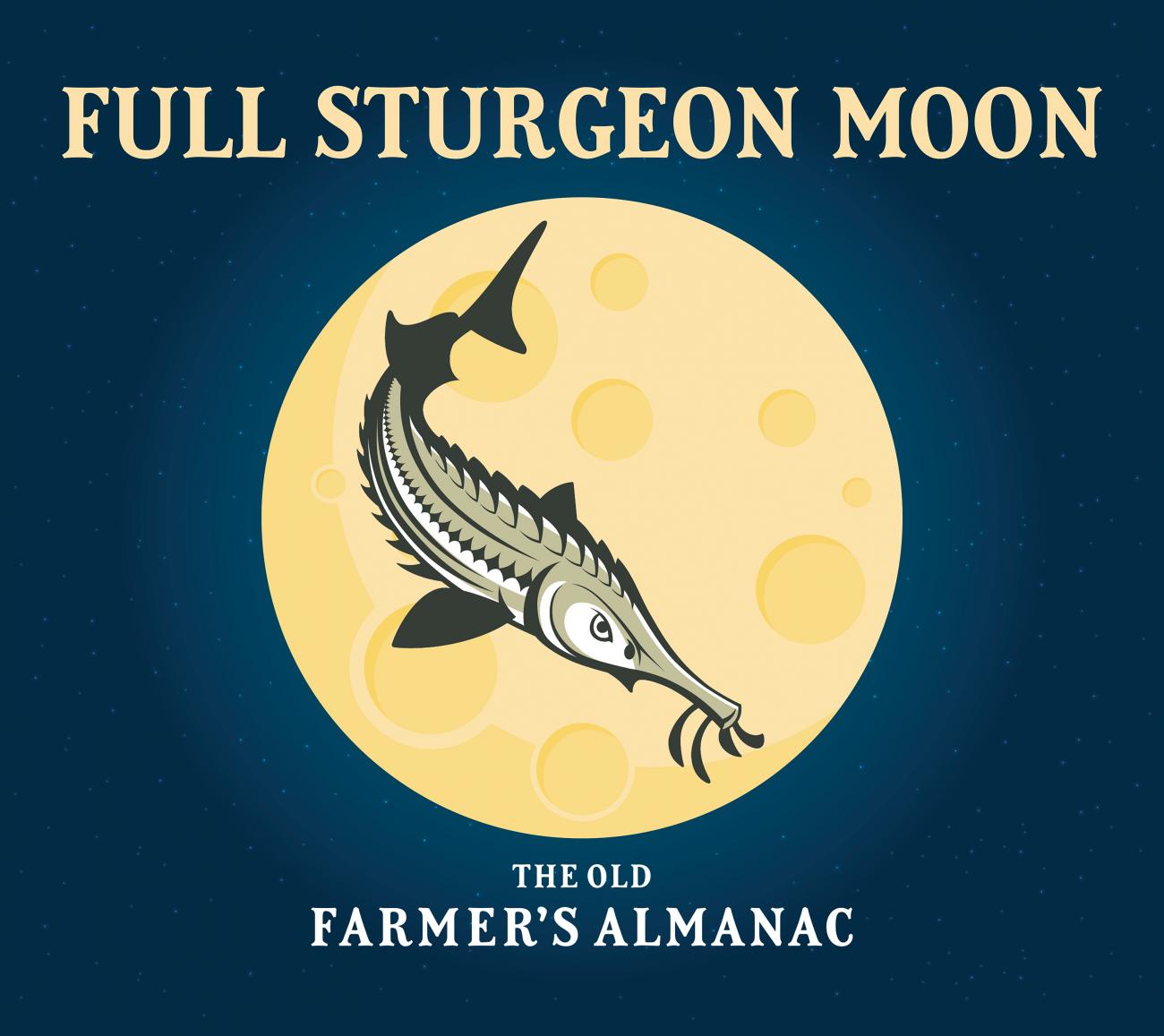
Moses and the Burning Bush mosaic Joe Moorman
Who wouda thunk that a global plague would result in people on different continents enthusiastically heading to the wilderness, or at least the closest approximation? Here in Canada it's a challenge to purchase camping equipment because the multitude of people who were confined to quarters for months are high-tailing it to the great out-of-doors.
In some respects this is wonderful. The use of provincial and national parks had been on the decline in recent years, yet it's difficult to book a camping site this summer because of the throngs. While most are respectful, appreciating that they are on "holy ground", others are desecrating both formal campgrounds and back country sites. The garbage left behind, including human waste, is disgusting.
I wonder whether these newer campers have experienced "come to Yahweh" moments, a sense of the presence of the Creator? For many of us the natural world is deeply spiritual, as powerful as anything we experience in even the most magnificent indoor place of worship.
Yesterday the ecumenical lectionary (weekly Sunday schedule of scripture lessons) took us to Exodus 3 and the call of Moses. This central figure of Judaism, Christianity, and Islam may not immediately come to mind as being a camper, but he was tending sheep in the wilderness and likely sleeping in a tent or under the stars.
Yahweh, or God, communicates with Moses in a powerful experience which involves the ultimate campfire, a burning bush which is miraculously not consumed. The angel/messenger/God tells Moses to kick off his sandals and come no further because he is on holy ground.
This story has launched untold sermons with a thousand different interpretations. Preachers always hope for something fresh which speaks to our moment in time. Why not an awareness that God the Creator speaks to us Groundlings in the uncertainty of a pandemic? We can have a sense of the holy through our experience of Creation as a way of healing and restoring hope.

/https://www.thestar.com/content/dam/thestar/uploads/2020/08/22/view-from-polson-slip-overlook-looking-northwest-to-harbour-prom-0.jpg)
















